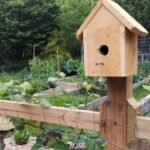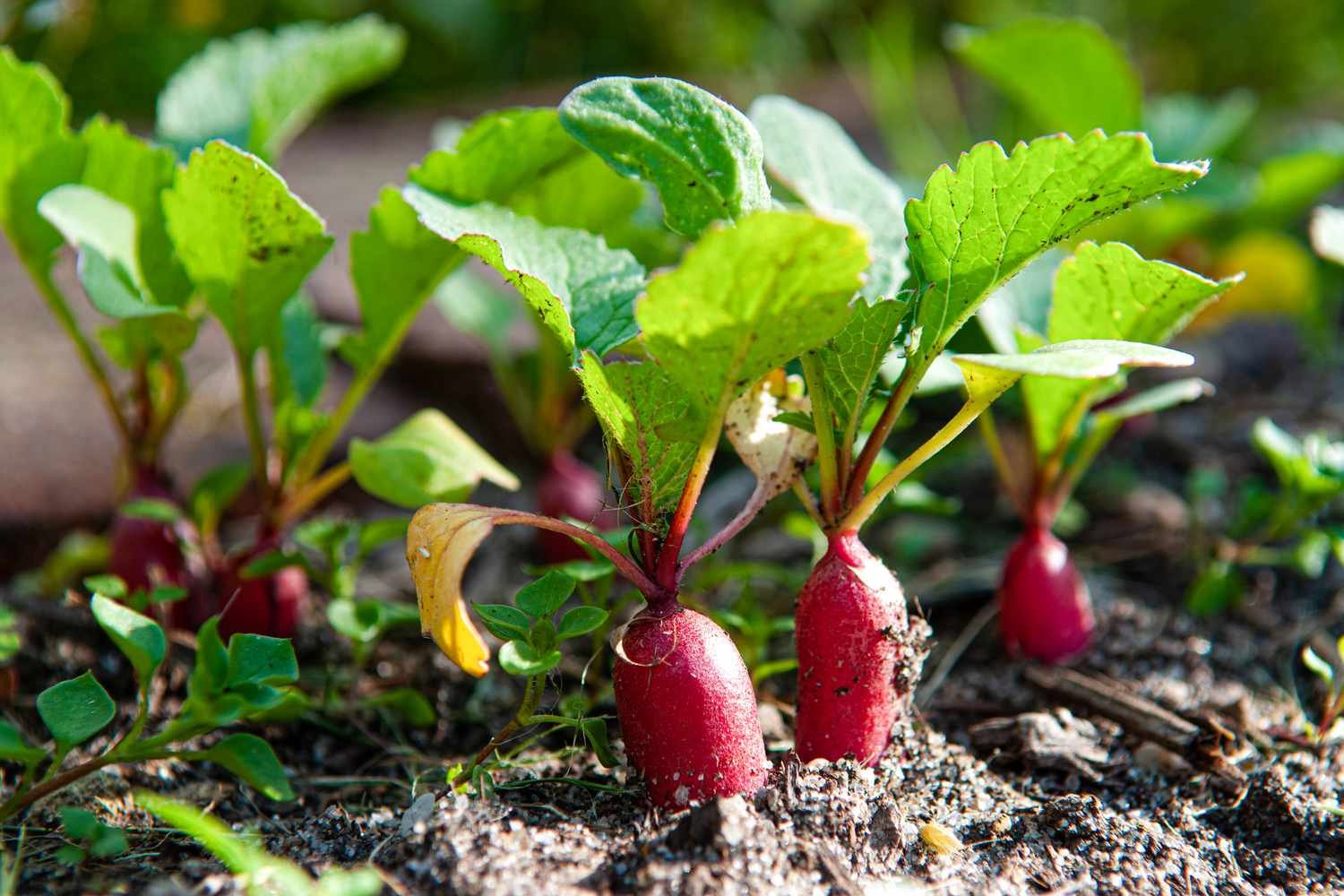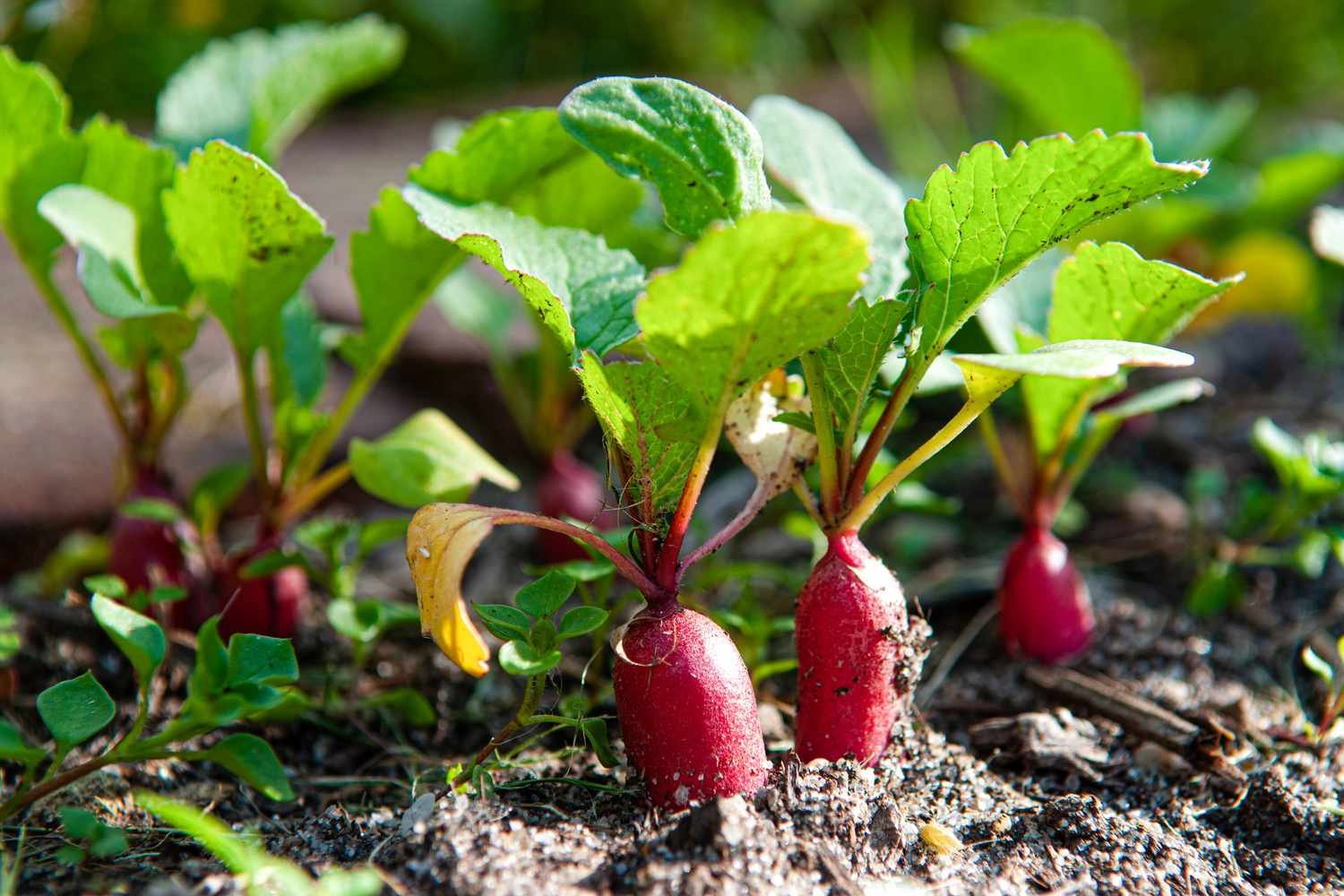Starting an organic garden is not only a rewarding experience but also a sustainable way to grow your own fresh produce while minimizing environmental impact. Organic gardening prioritizes natural methods and avoids synthetic chemicals, promoting soil health, biodiversity, and nutritious crops. Whether you’re new to gardening or looking to transition to organic practices, here are essential tips and steps to help you begin your organic gardening journey.

Choose the Right Location
Selecting the right location is crucial for the success of your organic garden. Choose a site that receives at least 6-8 hours of sunlight daily, as most vegetables and herbs thrive in full sun. Ensure the location has access to water and is easily accessible for maintenance. If space is limited, consider container gardening or raised beds, which can be placed on patios, balconies, or even rooftops.
Prepare Healthy Soil
Healthy soil is the foundation of organic gardening. Start by testing your soil’s pH level and nutrient content. Most vegetables prefer a slightly acidic soil pH (around 6.0-7.0). Amend your soil with organic matter such as compost, well-rotted manure, or leaf mold to improve soil structure, fertility, and moisture retention. Avoid synthetic fertilizers and pesticides, as they can disrupt the natural balance of soil organisms.
Plan Your Garden Layout
Plan your garden layout based on crop rotation and companion planting principles. Rotate crops annually to prevent pest and disease buildup and maintain soil fertility. Group plants together based on their compatibility and nutrient needs. Consider planting herbs and flowers that attract beneficial insects like ladybugs and bees, which help control pests naturally.
Choose Organic Seeds and Plants
Select organic seeds or starter plants from reputable sources to ensure they are free from synthetic chemicals and genetically modified organisms (GMOs). Organic seeds are derived from plants grown without synthetic pesticides or fertilizers, preserving their natural resilience and flavor. Opt for heirloom varieties, which are open-pollinated and offer genetic diversity.
Practice Natural Pest and Weed Control
Implement natural pest and weed control methods to maintain a healthy garden ecosystem. Use companion planting to repel pests and attract beneficial insects. For example, planting marigolds can deter nematodes, while basil repels mosquitoes and enhances tomato flavor. Handpick pests like caterpillars or aphids, or use organic insecticidal soaps and neem oil sparingly as needed.
Water Wisely
Practice efficient watering techniques to conserve water and promote plant health. Water deeply and infrequently to encourage deep root growth and drought tolerance. Use soaker hoses or drip irrigation systems to deliver water directly to the base of plants, minimizing water waste and reducing the risk of fungal diseases. Mulch around plants with organic materials like straw or shredded leaves to retain moisture and suppress weeds.
Maintain Garden Health Naturally
Promote garden health naturally by fostering biodiversity and minimizing disturbances. Encourage beneficial insects, birds, and pollinators by providing habitat and food sources. Avoid using synthetic chemicals that can harm beneficial organisms and disrupt ecological balance. Instead, focus on building soil health, improving plant resilience, and maintaining a balanced ecosystem within your garden.
Harvest and Preserve Your Produce
Enjoy the fruits of your labor by harvesting fresh, organic produce at peak ripeness. Harvest vegetables and herbs regularly to encourage continuous production. Store harvested crops properly in cool, dry conditions or preserve them through canning, freezing, or drying for year-round enjoyment. Organic gardening allows you to savor the flavors and nutritional benefits of homegrown produce while minimizing food miles and reducing waste.
Conclusion
Starting an organic garden is a fulfilling journey that connects you with nature and promotes sustainable living. By choosing organic methods, you contribute to soil health, biodiversity, and environmental stewardship. Whether you’re growing vegetables, herbs, or flowers, organic gardening offers numerous benefits for your health, the environment, and the community.
By following these tips for starting an organic garden—choosing the right location, preparing healthy soil, planning your garden layout, selecting organic seeds and plants, practicing natural pest and weed control, watering wisely, maintaining garden health naturally, and harvesting and preserving your produce—you can create a thriving organic garden that nourishes both body and soul.











